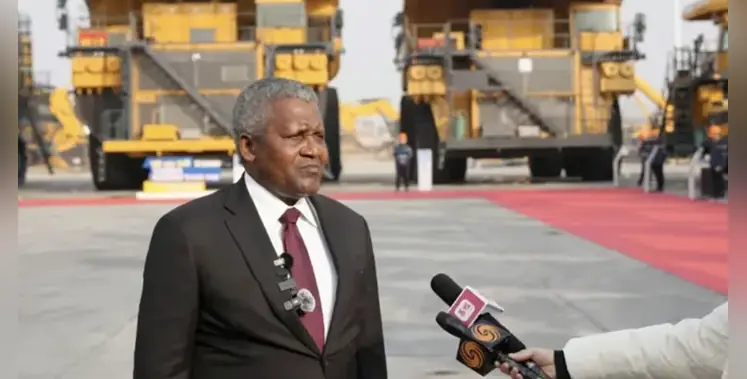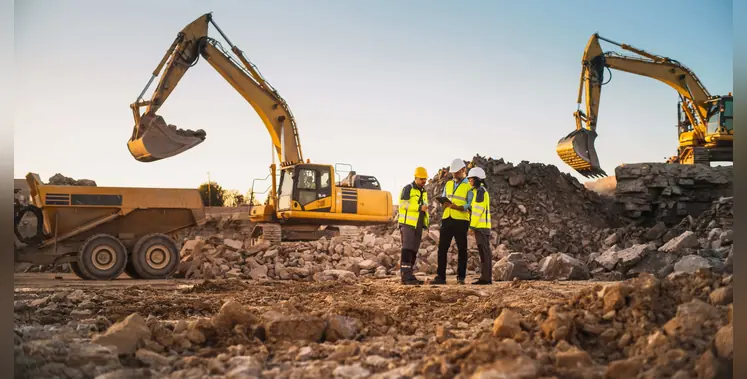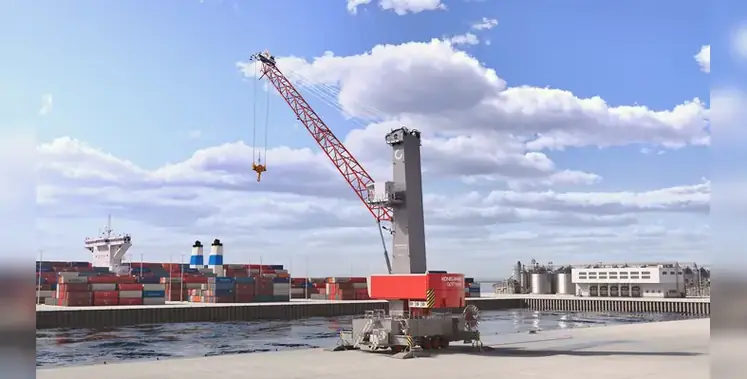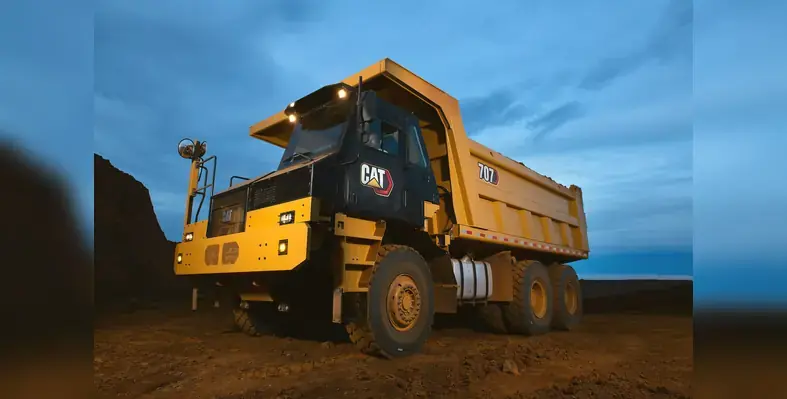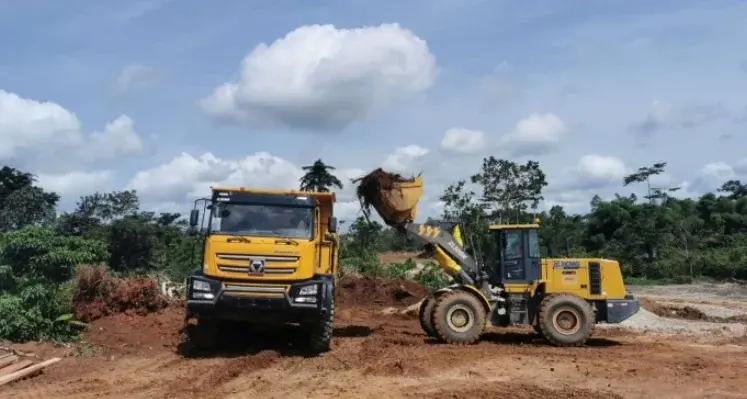Dangote Group has signed a US$400mn equipment deal with China's Xuzhou Construction Machinery Group (XCMG) to accelerate the expansion of its Nigerian oil refinery
The goal is to expand output at the refinery, which now plays an integral part in meeting Nigeria’s domestic fuel needs, to 1.4 million barrels per day (bpd).
The strategic agreement is also aimed at strengthening infrastructure delivery, industrial capacity and green project development across other projects in Africa in refining and petrochemicals, as well as agriculture and infrastructure.
“Under the agreement, the two companies will collaborate across multiple sectors including mining, petrochemicals, building materials, agriculture and infrastructure construction, leveraging their respective strengths to pursue joint growth and long-term value creation,”a Dangote statement read.
Dangote Group, Africa’s largest diversified industrial conglomerate, operates across cement manufacturing, petrochemicals, fertiliser, agriculture, food processing, mining, ports and logistics in Nigeria and several other African countries.
The group is currently accelerating capacity expansion and regional market development as part of its strategic ambition to reach US$100bn in scale by 2030.
As part of the collaboration, XCMG will support Dangote through its established African sales and service network, while also facilitating visits by Dangote personnel to China and providing logistical assistance.
XCMG will also deploy dedicated project teams to develop integrated equipment and service solutions for Dangote projects, particularly in open pit mining, petrochemicals, building materials and agricultural processing.
“The deal reflects Dangote Group’s broader push to deepen industrial capacity across Africa through strategic global partnerships, while aligning with XCMG’s ambition to expand its footprint and service offering on the continent,” the Dangote statement noted.
In an XCMG statement, Aliko Dangote, president and CEO of Dangote Group, remarked that XCMG’s manufacturing capabilities were impressive and had strengthened his confidence in jointly advancing Africa’s green industrial development.
Dangote visited China recently to meet Yang Dongsheng, chairman of XCMG, and other senior executives.
He “praised XCMG’s global strategy, intelligent manufacturing capabilities, product reliability, and full life-cycle service system, highlighting the company’s strengths in the international marketplace,” according to the XCMG statement.
Read more:
Dangote to build urea factory in Ethiopia








